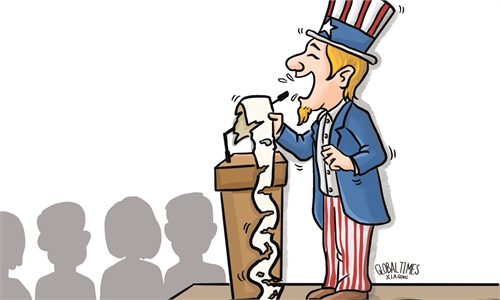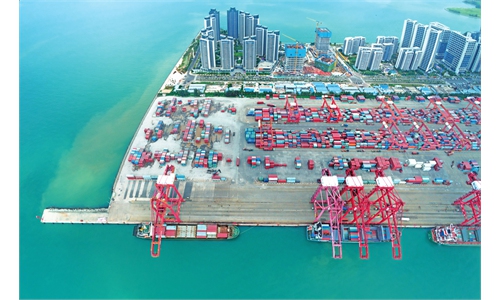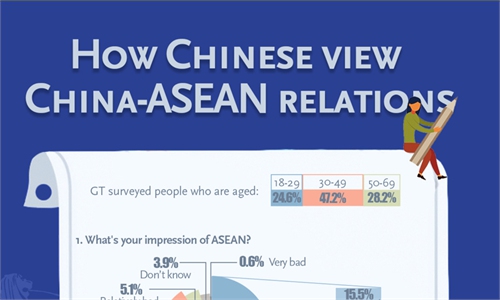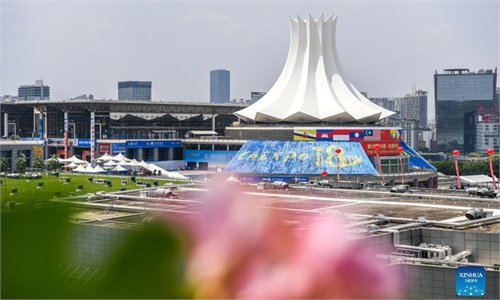US ‘biggest disruptor’ of China-ASEAN ties, with the South China Sea question in focus: GT survey
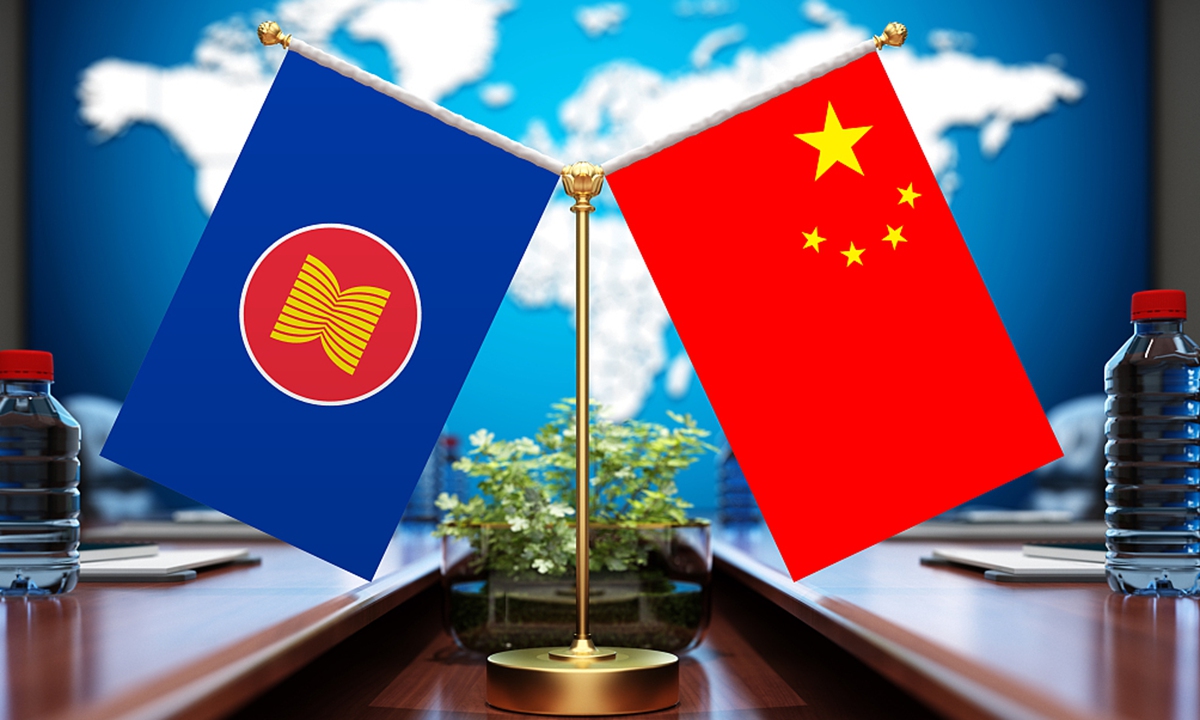
Nearly 80 percent of the public surveyed said that the US is the biggest disruptor of the development of China-ASEAN relations, the survey said.
The survey was conducted between March 15 and April 15 in 31 Chinese provinces, regions and municipalities among the general public aged 18 to 69 and some college students. It collected 2,012 valid questionnaires from the general public and 1,150 from the college students.
In responding to the question about "whether China and ASEAN members can properly handle the South China Sea question," 26.9 percent of the respondents said the two sides can always handle it well, while 67.3 percent believed that although there are divergences, they can generally handle it properly, the survey showed.
It also means that 94.2 percent of the respondents hold a positive attitude toward the two sides handling the South China Sea question well.
In recent years, the US has been provoking and stirring up conflicts between China and ASEAN members on the South China Sea question. It uses the so-called Indo-Pacific Strategy to pressure ASEAN members to decouple with China, curbing China's growth in the region, Xu Liping, a research fellow on Southeast Asian studies at the Chinese Academy of Social Sciences in Beijing, told the Global Times recently.
"The US is an obvious disruptor ," Xu said, noting that the survey shows that the Chinese public has a clear awareness of such a trend.
China-related topics are expected to dominate the upcoming US-ASEAN summit which will be held from May 12 to 13, and the Biden administration is expected to reaffirm its "Indo-Pacific Strategy" as priority.
From the Obama administration's pivot to Asia to the Biden administration's "Indo-Pacific Strategy," it's also obvious that the US has been lobbying around ASEAN and trying to integrate it to its anti-China alliance, Lü Xiang, research fellow at the Chinese Academy of Social Sciences, told the Global Times.
"However, ASEAN members have been avoiding 'taking sides' between China and the US, which accords with China's stance and interests," Lü said.
While observers argued the true intention of the US-ASEAN summit is to pressure the Southeast Asian countries to joint Washington's small clique of containing China, Chinese officials said the world should listen more to the voices of Asia, respect their stances and learn from their wisdom.
"China is happy to see countries outside the region play a positive and constructive role in the peaceful development of the region, but will not accept any actions that undermine regional peace and stability and undermine regional unity and cooperation," Zhao Lijian, spokesperson of the Chinese Foreign Ministry, told at a routine press conference on Tuesday.
Asia is a place where China, Cambodia and other countries survive and thrive, Chinese State Councilor and Foreign Minister Wang Yi said in a virtual meeting with Cambodian Deputy Prime Minister and Foreign Minister Prak Sokhonn on Sunday.
"The moves to introduce the Cold War mentality into the region and incite and create camp confrontation will undermine the peace and development that the region has enjoyed for many years. Asian countries should stay vigilant and reject such moves together," Wang said.

In 2021, the US military strategy and operation on the South China Sea is featured by deterrence----strengthening forward military presence and targeted activities, to deter the imaginary "China might overreach".

